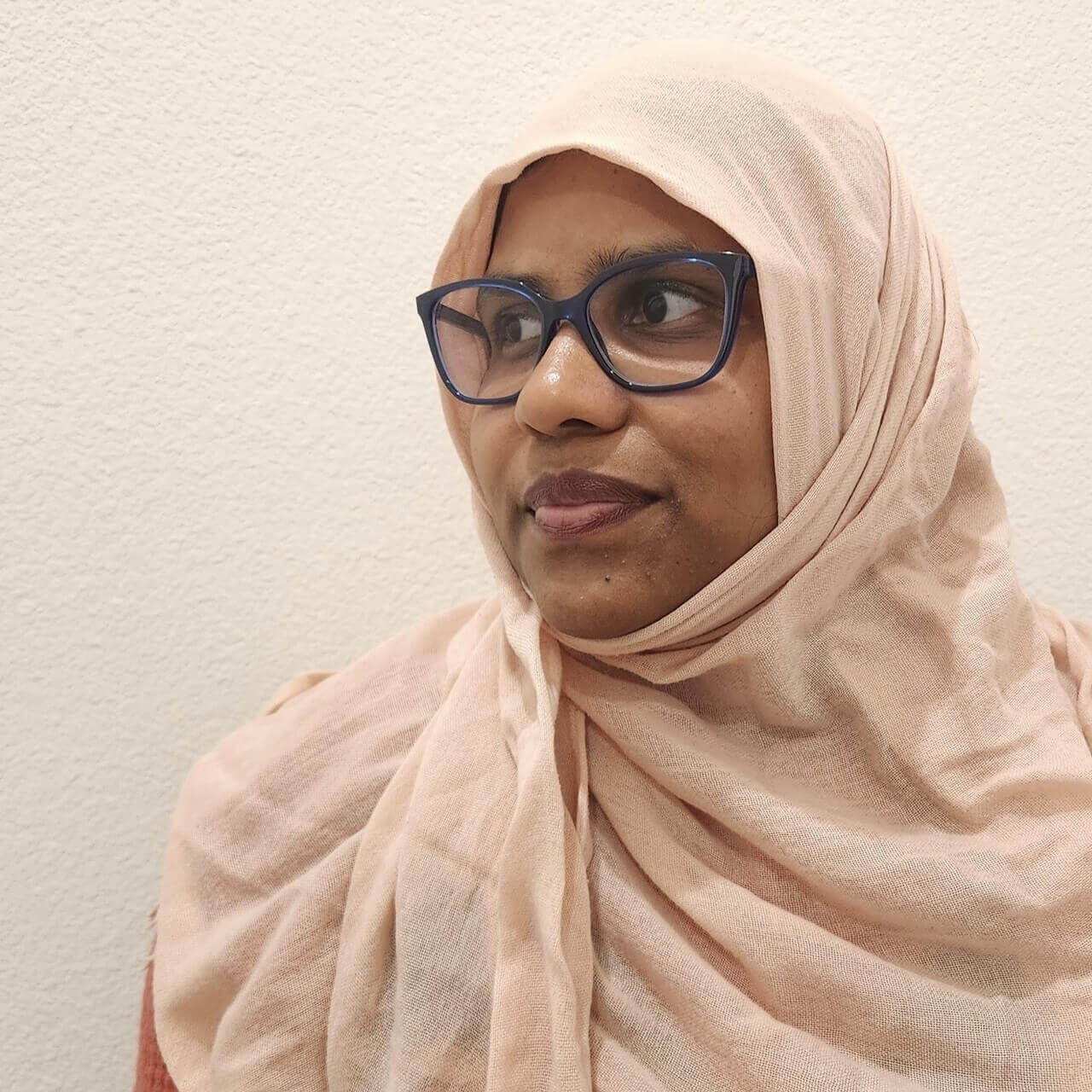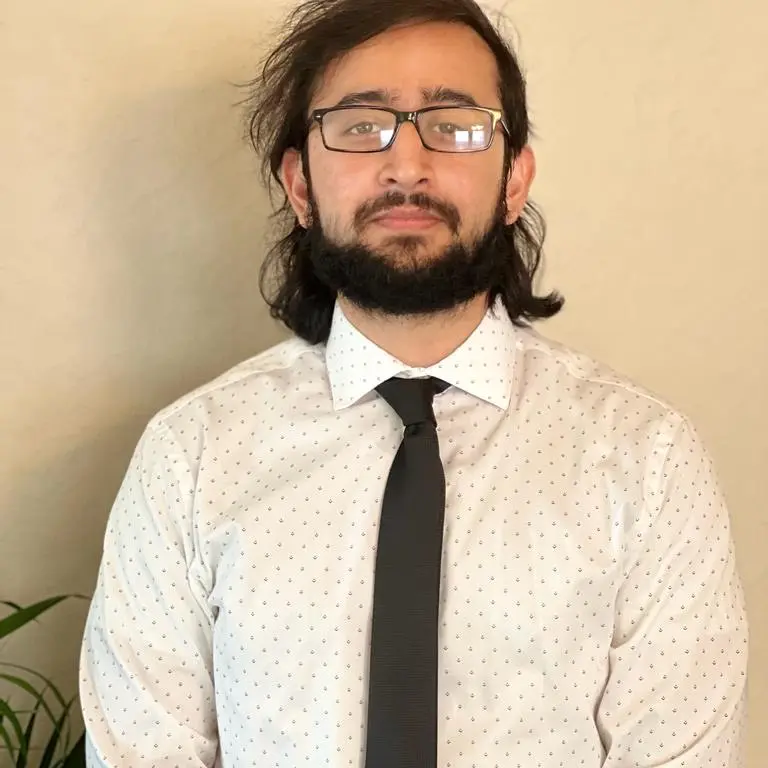Are you struggling to balance your faith with the challenges of mental health? As Muslims, we face unique questions when it comes to well-being: How can we maintain our spiritual strength while addressing mental health concerns? Can turning to therapy coexist with our trust in dua (prayer) and reliance on Allah? In this demanding world, mental health struggles can feel overwhelming, yet they’re an important part of our journey. But what we can do rather than standing in conflict, we can learn how dua and therapy can work together to offer a balanced path to mental wellness. Through specialized guidance, like the services provided by Ihsan Coaching, Muslims can find practical ways to nurture both mental and spiritual health, creating a fulfilling and harmonious life.
Understanding the Role of Dua in Mental Health
In Islam, dua holds an important role, serving as a powerful means of connecting with Allah (SWT) and seeking guidance, protection, and peace. Muslims are encouraged to make dua in times of ease and difficulty, leaning on their relationship with Allah as a source of comfort and strength. When grappling with mental health struggles like anxiety, depression, or stress, many Muslims instinctively turn to dua, finding in it a refuge that grounds them.
While dua provides spiritual support, it is also a reminder of the importance of hope and patience in the face of life’s trials. Islamic teachings affirm that Allah does not burden a soul beyond what it can bear. This belief encourages Muslims to persevere, knowing that their struggles are part of a larger, divine plan.
أَلَا بِذِكْرِ اللَّهِ تَطْمَئِنُّ الْقُلُوبُ
“Verily, in the remembrance of Allah do hearts find rest.” (Quran 13:28)
This verse emphasizes the peace and tranquility that come through the remembrance of Allah, suggesting that spiritual practices like dua (supplication) are essential in maintaining inner calm and emotional stability.
However, it’s essential to recognize that dua alone may not always address every aspect of mental health. Like physical health, mental well-being can require multi-faceted care, especially when it involves persistent conditions. This is where the role of professional therapy comes in, complementing spiritual practices rather than replacing them.
The Role of Therapy in Muslim Mental Health
Therapy is an invaluable tool in addressing complex mental health issues. For Muslim individuals, seeking therapy can sometimes be met with hesitation. The fear of judgment, perceived stigma, or concerns about whether therapy aligns with Islamic principles can hold people back. However, many mental health challenges benefit significantly from professional guidance and support. Therapy provides a safe, structured environment where individuals can explore their thoughts, emotions, and experiences without fear of condemnation.
Working with a therapist, especially an Islamic therapist who understands the nuances of Muslim beliefs and values, allows clients to address mental health issues within a religiously inclusive framework. Islamic therapists approach therapy from a culturally and religiously sensitive standpoint, often incorporating elements of Islamic teaching and values into the therapeutic process. This approach enables clients to feel more connected and comfortable, knowing that their therapist respects and understands their faith.

Why Both Dua and Therapy Are Essential for Holistic Healing
Many Muslims may question whether therapy is necessary if they already turn to Allah through dua and worship. However, Islam encourages believers to seek knowledge and solutions that benefit them, no matter the field. Prophet Muhammad (SAW) himself emphasized the importance of seeking cures for both physical and emotional ailments.
وَاسْتَعِينُوا بِالصَّبْرِ وَالصَّلَاةِ ۚ وَإِنَّهَا لَكَبِيرَةٌ إِلَّا عَلَى الْخَاشِعِينَ
“Seek help through patience and prayer. Indeed, it is a burden except for the humble.” (Quran 2:45)
This verse encourages seeking help through sabr (patience) and prayer, highlighting the importance of persistence and faith. It suggests that spiritual resilience, combined with prayer, can support us through life’s challenges.
Mental health, like physical health, may sometimes require outside help.
Therapy offers practical strategies to manage symptoms, reshape thought patterns, and cope with life’s challenges. In situations where mental health struggles impact daily functioning, relationships, or overall quality of life, therapy offers valuable tools that complement spiritual efforts.
For example, while dua provides a sense of calm, therapy can offer techniques such as cognitive-behavioral strategies, mindfulness exercises, and grounding techniques that help address specific symptoms like panic attacks or depressive episodes. When combined, dua and therapy can serve as a dynamic duo, allowing individuals to tap into both spiritual strength and psychological resilience.
How an Islamic Therapist Can Help Bridge the Gap
The concept of Islamic counseling or seeing an Islamic therapist is becoming increasingly popular, particularly among Muslim communities seeking support that resonates with their beliefs. An Islamic therapist integrates faith and psychological expertise, creating a holistic approach tailored to Muslim clients. They understand that for many Muslims, faith is a core part of identity, shaping one’s understanding of life, health, and well-being.
An Islamic therapist can skillfully integrate dua and other religious practices within the therapy sessions, encouraging clients to see their faith as a source of healing and strength. This might include suggesting Islamic mindfulness techniques like muraqabah (self-reflection), reminding clients of verses that speak to hope, resilience, and mercy, or discussing the benefits of salah (prayer) as a form of stress relief.
By blending spiritual support with psychological tools, Islamic therapists offer a balanced, respectful approach to mental health that reinforces religious values and beliefs.
Practical Tips for Balancing Dua and Therapy
If you’re considering the journey of balancing dua and therapy, here are some practical steps to help you achieve harmony:
- Find a Faith-Sensitive Therapist
Look for an Islamic therapist who respects your religious beliefs and can incorporate Islamic teachings within therapy.
- Make Dua Part of Your Routine
Just as you would attend therapy sessions regularly, make dua a consistent part of your day. Speak to Allah about your struggles, asking for guidance and relief.
- Set Realistic Expectations
Both dua and therapy are journeys. It’s essential to be patient and trust that growth and healing will take time.
- Use Islamic Mindfulness
Incorporate Islamic mindfulness practices, like tawakkul (trust in Allah) and sabr (patience), which can provide inner calm alongside the cognitive and behavioral tools learned in therapy.
- Lean on Your Support System
Reach out to friends, family, or mentors within your community who can offer additional support. Combining the strength of community, faith, and therapy can reinforce resilience.
The Power of Professional Support: How Ihsan Coaching Can Help
At Ihsan Coaching, we understand the unique needs of the Muslim community when it comes to mental health. Through our individual coaching and religious consultations, we support clients in achieving a balanced approach to mental wellness. Our Islamic coaches are trained to provide faith-sensitive guidance, empowering you to combine dua and professional strategies for holistic well-being.
Ihsan Coaching is committed to nurturing mental health within an Islamic framework, where you can comfortably discuss your challenges with professionals who respect and understand your faith. Whether you are dealing with anxiety, depression, or life transitions, our team is here to help you find peace, purpose, and healing.
Take the first step toward a balanced, fulfilling life. Reach out to Ihsan Coaching today for a consultation and discover how we can support your mental and spiritual well-being.
FAQs
Is therapy compatible with Islamic beliefs?
Yes, therapy is compatible with Islamic beliefs, especially when working with an Islamic therapist who integrates faith and psychological practices. Therapy can complement dua and other spiritual practices, providing practical tools to manage mental health challenges.
What is an Islamic therapist?
An Islamic therapist is a mental health professional who incorporates Islamic teachings and values within therapy. They provide a culturally and religiously sensitive approach to mental health care, which resonates with Muslim clients.
Can I rely on dua alone to manage mental health issues?
Dua is a powerful spiritual practice, but for complex mental health challenges, professional therapy can offer additional support. Therapy and dua can work together to provide a well-rounded approach to healing.
How does Ihsan Coaching approach mental health?
Ihsan Coaching offers faith-sensitive mental health support, combining individual coaching, religious consultations, and Islamic counseling. We work with clients to integrate spiritual and psychological tools for comprehensive well-being.
How do I know if I need therapy?
If you’re struggling with mental health issues that impact your daily life, relationships, or overall well-being, therapy could be beneficial. Consider reaching out to a therapist if you feel that additional support would help you cope and grow.
With Ihsan Coaching, you don’t have to choose between dua and getting help. Our approach allows you to honor both, empowering you to seek peace, healing, and personal growth on a path that respects your faith and values.




